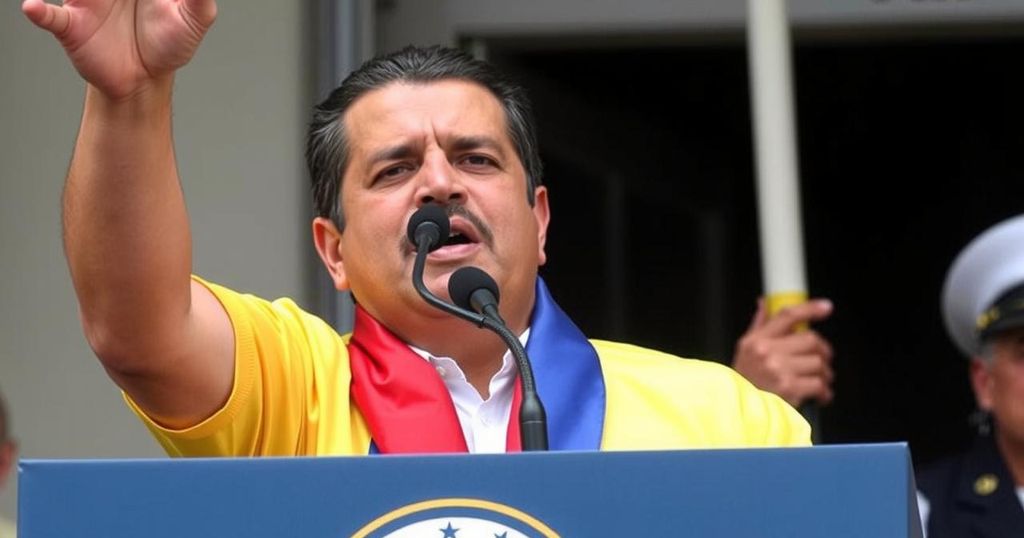Maduro Inaugurated Amidst Controversy; U.S. Extends Protections and Sanctions

Venezuelan President Nicolás Maduro was sworn in for a third term amidst controversy over a disputed election. The U.S. has extended protections for Venezuelans and El Salvadorans living in the country, Israel initiated military actions against Houthi forces in Yemen, and new sanctions were imposed on Russia’s energy sector by the Biden administration.
In a ceremony marking the culmination of a contentious political climate, Venezuelan President Nicolás Maduro was inaugurated for his third term following an election widely deemed disputed. His administration faces both domestic and international scrutiny, especially amid the ongoing social and economic turmoil in Venezuela. Concurrently, the Biden administration has extended temporary protected status for numerous Venezuelans and El Salvadorans residing in the United States, reflecting a broader humanitarian concern. Meanwhile, tensions escalated in the Middle East as Israeli forces targeted Houthi positions in Yemen, following drone attacks directed at Israel. In response to geopolitical challenges, the United States also announced further sanctions focusing on Russia’s energy sector.
The backdrop of Nicolas Maduro’s inauguration stems from a highly controversial electoral process that has faced allegations of irregularities and widespread protests. Maduro’s leadership has been characterized by significant economic decline and a humanitarian crisis, prompting international responses and migration issues. The Biden administration’s extension of protections for Venezuelans and El Salvadorans highlights the United States’ ongoing commitment to supporting individuals affected by turmoil in their home countries. The situation in the Middle East complicates further diplomatic relations, particularly concerning Israeli national security and regional stability.
The re-election and swearing-in of Nicolás Maduro as Venezuela’s president underscore the persistent political dilemmas facing the country, coupled with international responses focusing on humanitarian assistance and sanctions against adversaries. The geopolitical landscape remains fraught with tension, illustrated by recent conflicts in the Middle East. Overall, these developments reflect a complicated interplay of domestic governance and foreign policy that continues to evolve.
Original Source: www.thirteen.org






